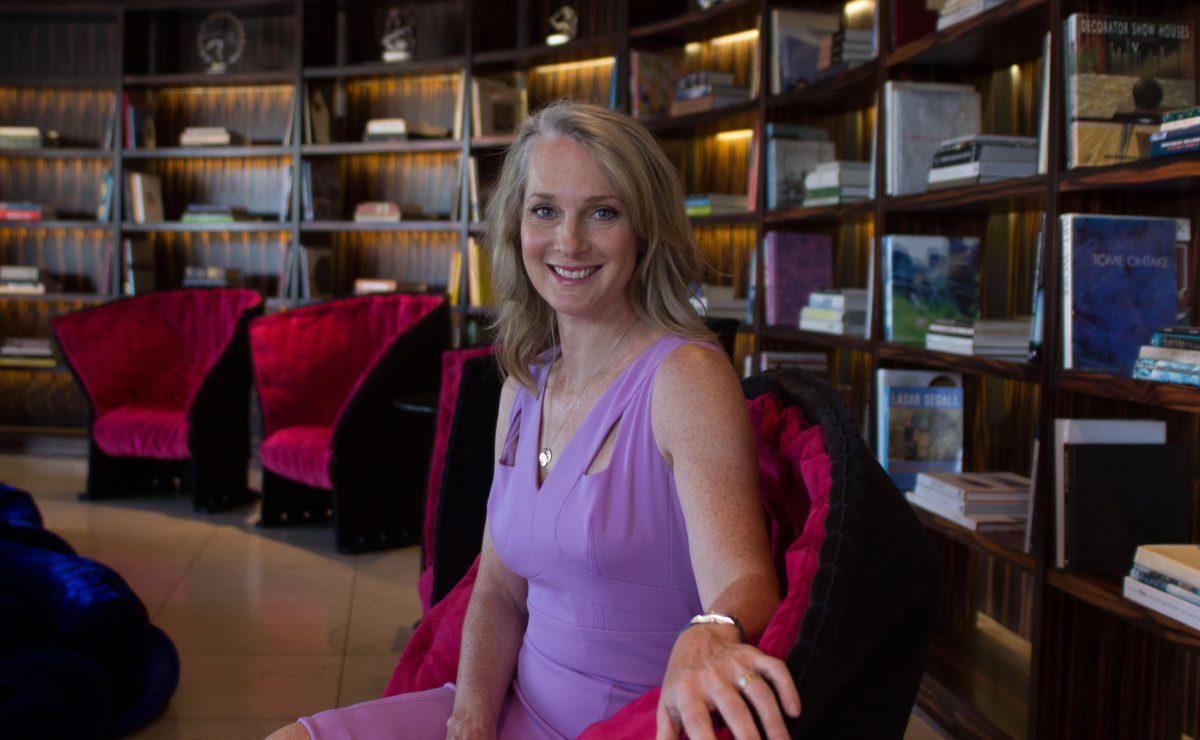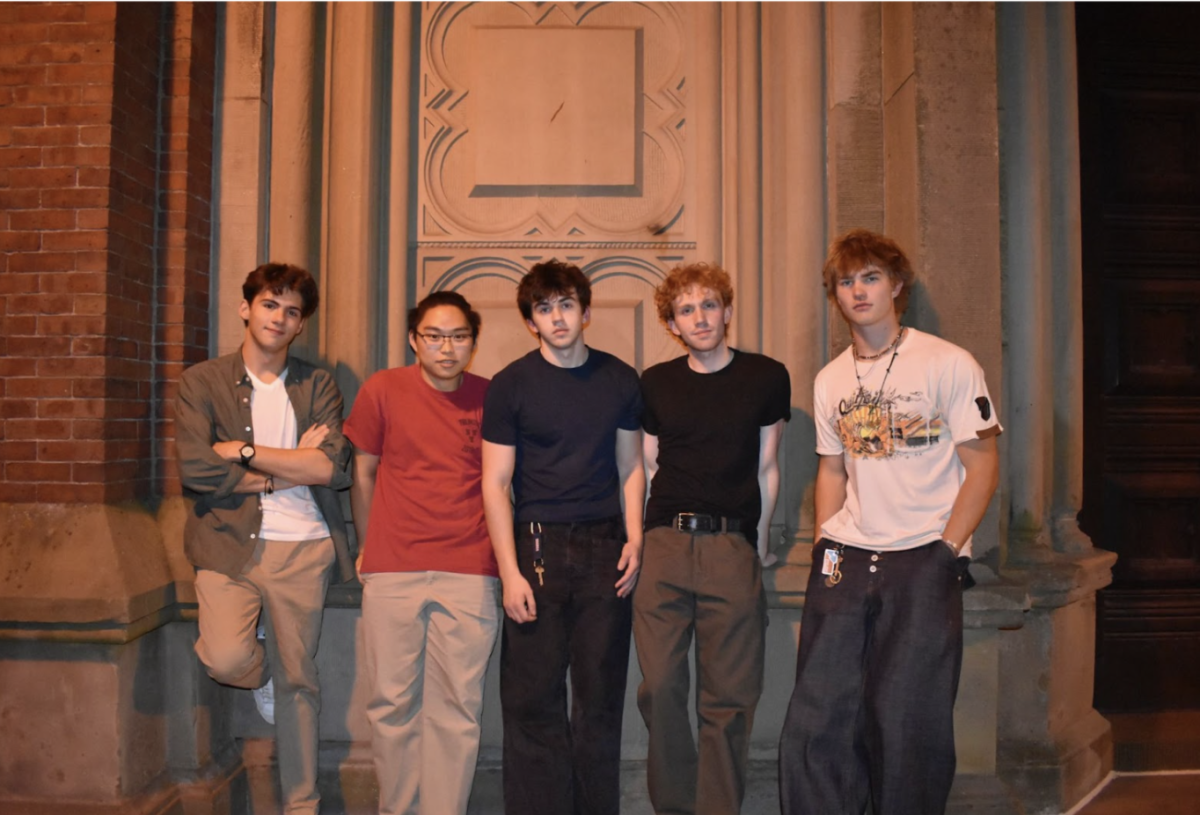On Tuesday March 31st, Piper Kerman, author of hit Netflix show “Orange is the New Black”, was named “Humanist of the Year” by Harvard’s Humanist Community. This organization, while not officially affiliated with Harvard University, is an active club that organizes community events on campus for atheist and agnostic students.
The awards ceremony first began with a presentation from the Humanist Community – a guitar performance, a clip from “Orange is the New Black” – and finally, the introduction of Piper Kerman, who was greeted with a large applause from the audience.
After accepting the award, Piper Kerman first began her speech by asking how many Smith College students were in the audience. Many raised their hands enthusiastically and cheered for their alumna, to which Piper Kerman joked about how she went from “one womens’ institution to the other,” in reference to the all-women prison she spent a year in.
Piper Kerman’s personal story is similar to that of Piper Chapman’s in “Orange is the New Black”: Piper’s girlfriend asks her to do a favor for her and Piper is ultimately caught at the airport for unknowingly smuggling drug money to Africa. Her experience became the storyline to Netflix’s increasingly popular show.
Much to my surprise, the theme of Kerman’s speech was not about prison reform, nor the brutalities she experienced in isolation for a year. While she didn’t go into detail about the poor conditions of the prison, such as the absence of toothpaste or the danger of contacting foot fungus in the shower – similar to the alienating conditions Piper Chapman experiences in the T.V show – the main focus of her talk was about the sense of community she developed with the other women during her time in prison. In a space where walls are devoid of color, rooms are compartmentalized and contact with the outside world is barred, Kerman found sanctuary with the other women. “Ultimately the vibrancy of life comes from the people who are filling up those institutions,” she reflected. “You have to master the prison rules that govern and control your life.”
She recalled the advice her lawyer gave her before she left for prison: she was told not to make any friends and minimize interaction with her fellow inmates. “I cannot imagine how you would possibly survive the experience of incarceration without friendship,” Kerman admitted. During the lonely and isolating experience of prison, connecting with other people helped her recognize and realize her best self; this message is evident through the strong relationships developed in the show itself. Kerman’s experience of forming a community with the other women in the prison speaks to the themes of the Humanist Community, connecting with others and discovering the humanity in all of us even under the most harsh and unfriendly conditions.
As a student of Wellesley College, the most resonant theme of Kerman’s speech was about connecting with other women. As Kerman claims, the humanity of the women who live in these prisons is not always apparent because most of them have already been marginalized by society even before entering the prison. She recalls a friend she made in prison who, after completing her time, was anxious about leaving because the world outside was just as difficult as the one behind bars. She didn’t have any money, had broken relationships with her family were, and had experienced sexual abuse. Clearly, most of the women in the prison were not as lucky as Kerman, whose boyfriend stood outside the institution waiting to pick her up on the day she was released.
Although the sense of powerlessness women face every day both inside and outside prisons resonated with me, Kerman’s speech was no doubt more a reflection on her own experience rather than a call for any form of action. She described how she bonded with the women there and the stories of the women suffering from all forms of discrimination. The speech ended on an optimistic note about how humanity can still be found in a place of supposed isolation and suffering, and I realized that Kerman was a lucky woman to be able to transition from an institution of higher education to a all-women prison, build a community, complete her time successfully and eventually marry her husband Larry. Despite Kerman’s fortunate outcome, however, most of the women in the institution were not as lucky – the abuses of racism, sexual exploitation and extreme poverty remain with them both inside and outside the bars.
Photo Courtesy of Piper Kerman




